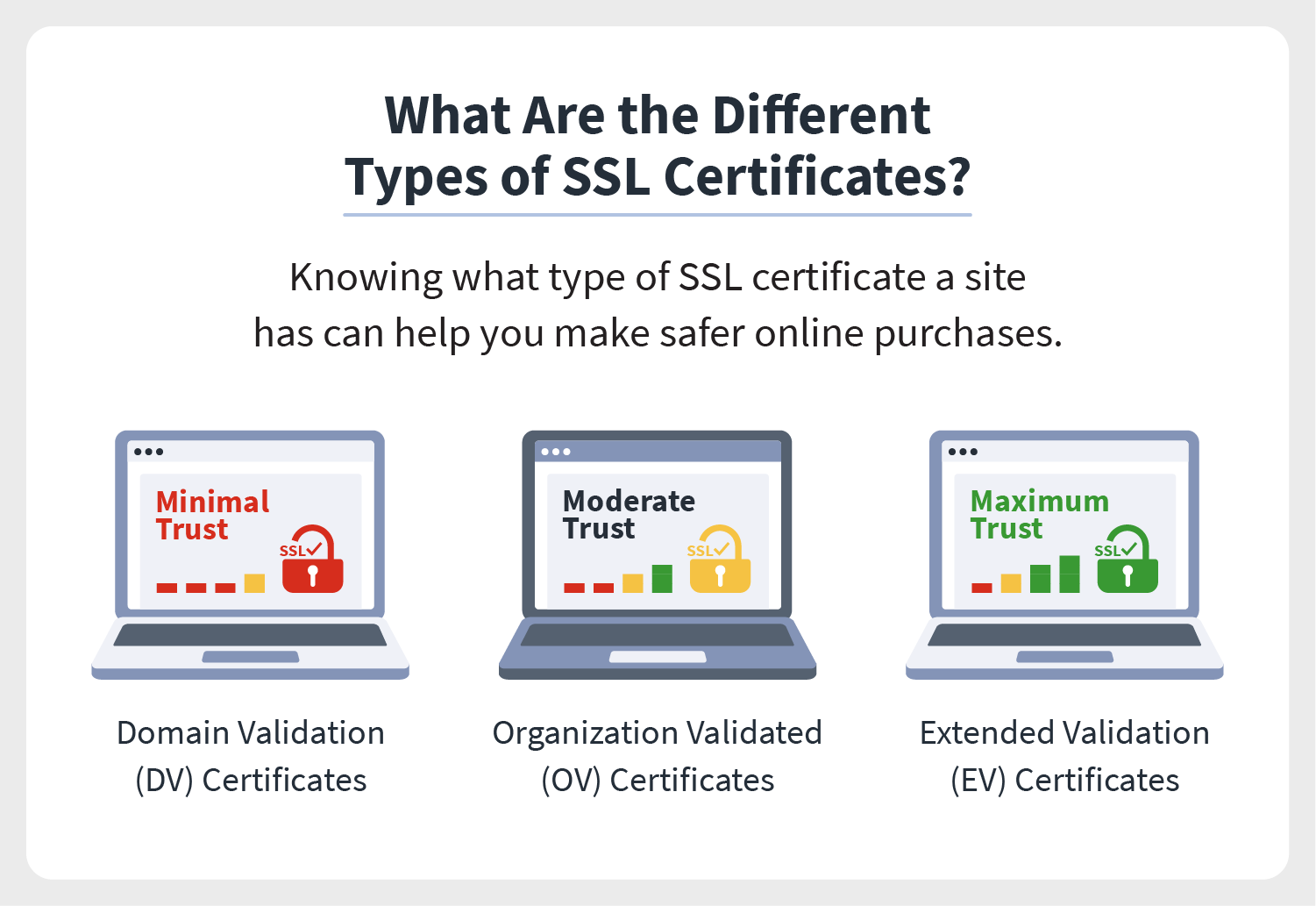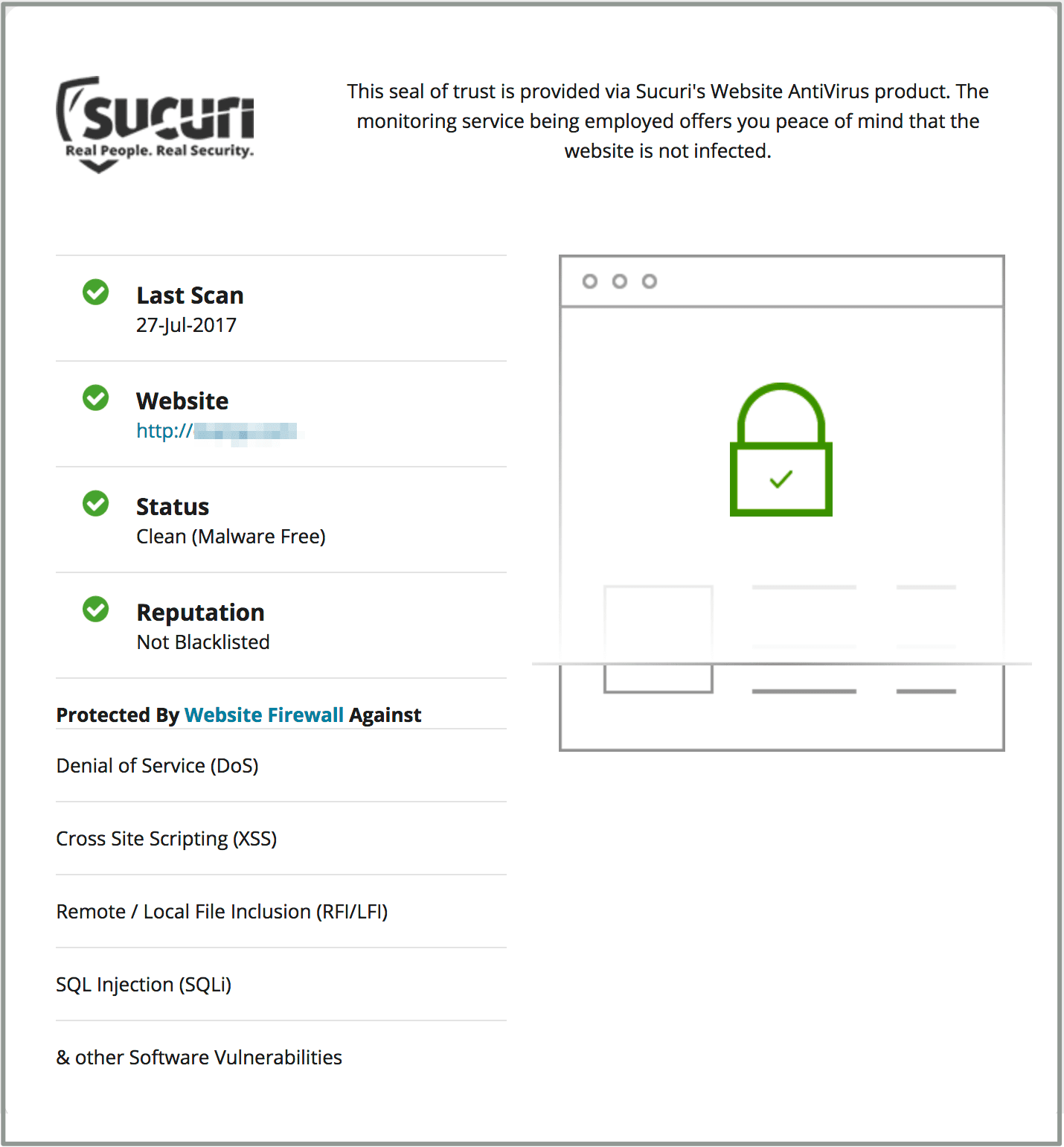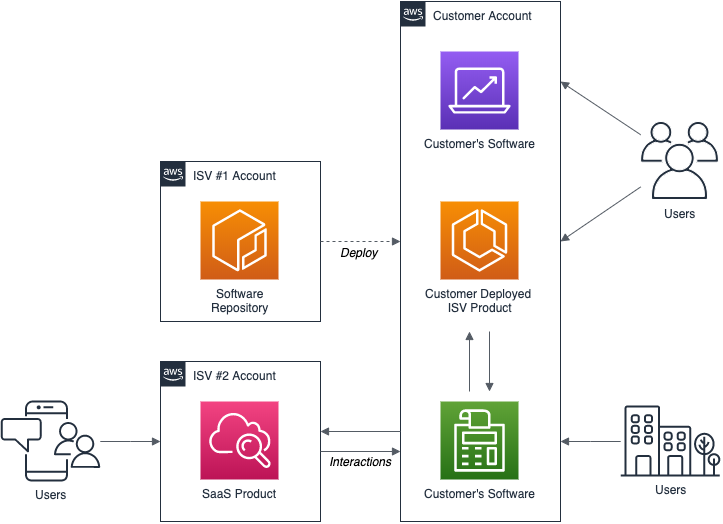
A Certificate Authority (CA) can be defined as a third-party trusted by the public that issuing digital certificates. These certificates may be used to verify a company's identity when interacting online. They are also essential for ensuring that all data transmitted via an Internet connection is encrypted.
What is a Certificate Authority?
A CA is any company or organization authorized by the browser to issue SSL/TLS, and other certificates. They are audited annually by third-parties to ensure they comply the policies and procedures of certificate issuance, validation and revocation.
How Do Certificate Authorities Increase Public Trust?
CAs have a primary goal to increase trust among the public by enhancing a website's reputation. Like the DMV issuing an official ID card, certificate authorities vouch for an organization's legitimacy by digitally signing certificates that prove it's legitimate.

What is the Certificate Authority Chain?
In cybersecurity the certificate chain is made up of one or several intermediate certificates which connect the end-users to the root CA. This chain of certificate is important for the security and privacy of internet connections. It protects from spoofing attacks that pretend to look like a legit web site or service in order to steal data.
The chain of trust is critical in securing internet connections because it relies on the ability to verify that an organization's identity has been validated. This is done through a domain validation process, which includes a number of verification steps.
What are some of the differences between a CA, a CERT and a CC?
A certificate agency is an organization which issues certificates and manages credentials, public keys and public keys for data encryption. Its primary responsibility is to ensure that the end-user gets a unique certificate for efficient identity authentication.
What is a difference between a Public and Private Certificate Authority?
A public authority for certificate is a trustworthy organization recognized by all browsers. It is responsible to ensure that websites it certifies meet the Baseline Specifications set by CA/B Forum - a nonprofit consortium of internet browsers.

What are differences between a trusted Certificate Authority and a ssl Certification Authority?
A ssl certification authority is an entity that issues TLS/SSL to websites to protect their users. The ssl certificate authority does this by implementing a cryptographic shield between their server and your browser. This helps prevent eavesdropping attacks, man-in the-middle attacks and data theft.
What is a CERT?
A Certificate Authority, or trusted third-party, is a trusted entity that issues certificates as well as manages the public key and credentials needed for data encryption. Its main role is to ensure the end-user gets a unique identity certificate.
Why are certificate authorities valuable?
They are essential to the security of Internet and act as a stumbling-block for hackers. In the absence of these certificates, it would not be possible to authenticate websites to third parties and to verify their authenticity for email clients or operating systems. These are key players when it comes to maintaining the public key infrastructure, and Internet security in general.
FAQ
How much do web developers make?
The hourly rate for a website you create yourself is $60-$80. But if you want to charge a lot more, you should consider becoming an independent contractor. A typical hourly rate for a freelancer could be between $150 and $200.
Do I need a portfolio to get hired as a web designer?
Yes. A portfolio is essential when landing a web designer or developer job. Portfolios should showcase examples of your skillsets and experience.
Portfolios usually include samples of past projects. These examples can showcase your abilities. You should have everything in your portfolio, including mockups.
What is a static website?
A static website can be hosted anywhere including Amazon S3, Google Cloud Storage (Google Cloud Storage), Windows Azure Blob storage and Rackspace Cloud files. A static site can be deployed to any platform that supports PHP. This includes WordPress, Drupal Joomla! Magento PrestaShop, Magento and Joomla!
Static web pages can be easier to maintain as they don’t need to send requests back and forward between servers. Because they don't send any requests back-and-forth between servers, static web pages load much faster. Because of this, static web pages are often more suitable for smaller businesses that don’t have the resources or time necessary to manage a website.
WordPress is a CMS.
Yes. It is called a Content Management System. CMS is a way to manage your website content without having to use an application such Dreamweaver/Frontpage.
WordPress is absolutely free! Other than hosting, which you usually get from your ISP.
WordPress was initially designed as a blogging platform but now offers many different options, including eCommerce sites, forums, membership websites, portfolios, etc.
WordPress is very easy to set up and install. To install WordPress, you will need to download the installer file from their website. Once it is downloaded, upload it to your server. You can then visit your domain name using your web browser to log in to your new website.
After installing WordPress on your computer, you'll need a username and a password. After logging in, you will see a dashboard that allows you to access all your settings.
From this page, you can add images, pages, posts, menus or widgets to your website. If you are comfortable creating and editing content, you can skip this step.
However, if you prefer to work with someone else, you can hire a professional web designer to handle the whole process.
How much does a website cost?
The answer depends on what you are trying to achieve with your website. Google Sites, for example, might not be necessary if you are merely looking to share information about your business or yourself.
But if your goal is to attract visitors to a website, it's likely that you'll need to invest in something more robust.
A Content Management System (like WordPress) is the best solution. These programs allow you to create a website without knowing anything about programming. This is because the sites are hosted and maintained by third-party companies. You don't have any risk of being hacked.
Squarespace is another service that can be used to build websites. The plans range from $5 per month up to $100 per month depending on what content you want to put on your site.
Statistics
- The average website user will read about 20% of the text on any given page, so it's crucial to entice them with an appropriate vibe. (websitebuilderexpert.com)
- In fact, according to Color Matters, a signature color can boost brand recognition by 80%. There's a lot of psychology behind people's perception of color, so it's important to understand how it's used with your industry. (websitebuilderexpert.com)
- It's estimated that chatbots could reduce this by 30%. Gone are the days when chatbots were mere gimmicks – now, they're becoming ever more essential to customer-facing services. (websitebuilderexpert.com)
- It's estimated that in 2022, over 2.14 billion people will purchase goods and services online. (wix.com)
- When choosing your website color scheme, a general rule is to limit yourself to three shades: one primary color (60% of the mix), one secondary color (30%), and one accent color (10%). (wix.com)
External Links
How To
What is website hosting?
Website hosting describes where visitors go when they visit a site. There are two types of website hosting:
-
Shared Hosting - This is your cheapest option. Your website files reside on a server owned by someone else. Customers visit your website and send their requests over the Internet to this server. The owner of the server then hands off the request to you.
-
Dedicated hosting – This is the most expensive option. Your website is only accessible from one server. No other websites share space on the server, so your traffic stays private.
Because it is less expensive than dedicated hosting, shared hosting is preferred by many businesses. You can use shared hosting if the company owns the server to provide the resources required for your website.
There are pros and disadvantages to each option. These are some of the major differences between them.
The pros of shared hosting:
-
Lower Cost
-
Easy to Set Up
-
Frequent updates
-
It is possible to find it on many web hosting companies
You can get shared hosting for as low as $10 per monthly. But keep in mind that this price usually includes bandwidth. Bandwidth is how much data you can transfer to the Internet. So even if you only upload photos to your blog, you may still pay extra money for high amounts of data transferred through your account.
Once you start, you'll quickly realize why you were paying so much for your previous host. The majority of shared hosts offer limited customer support. Although their techs may help you with setting up your site, it's not a common practice.
Providers that offer 24-hour customer support are worth looking into. They will assist you with any problems that may arise while you're sleeping.
Cons of dedicated hosting
-
More Expensive
-
Less is More
-
Specific Skills Required
With dedicated hosting, you get everything you need to run your website. You won't worry about how much bandwidth you are using or how much RAM (random Access Memory) you have.
This means that you will have to pay a little more upfront. But once your online business starts, you'll realize you don't need any technical assistance. You'll soon be an expert at managing servers.
Which Is Better For My Business:
The answer will depend on the type and purpose of your website. Shared hosting might be best if you just want to sell products. It's easy to set up and maintain. Because you share a server, you will most likely receive frequent updates.
However, dedicated web hosting is the best way to build a community around you brand. Instead of worrying about traffic, you can concentrate on building your brand.
If you're looking for a web host that offers both options, we recommend Bluehost.com. Bluehost.com provides unlimited monthly data transfer, 24/7 support, free domain registration and a 30-day money back guarantee.